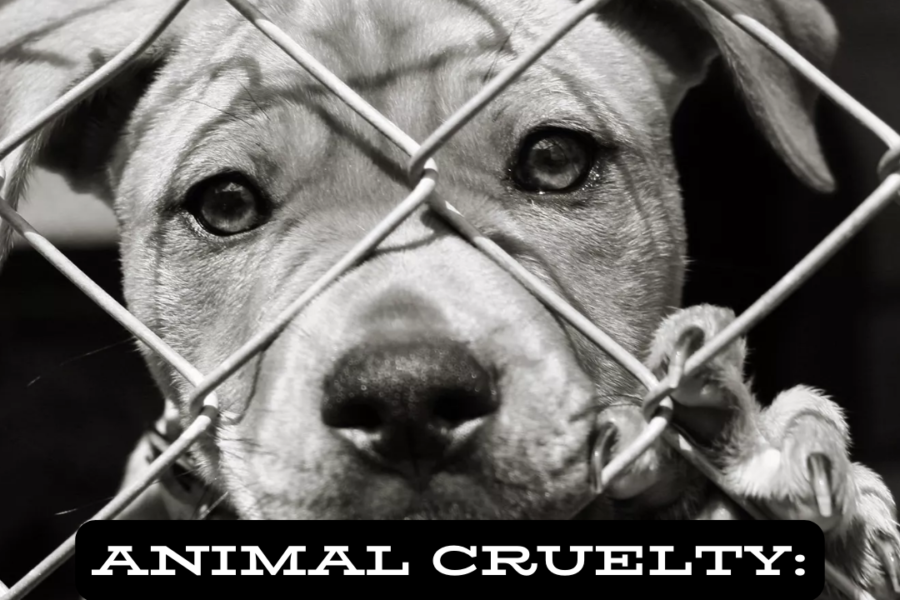Introduction
In a nation with a rich cultural heritage that reveres many animals as sacred, the issue of animal cruelty has long been a subject of ethical and legal discourse in India. While the country boasts a vibrant tradition of ahimsa (non-violence) and compassion towards all living beings, the reality on the ground has often fallen short, with widespread instances of cruelty and neglect towards animals.
In recent years, however, there has been a growing movement to strengthen the legal framework surrounding animal welfare and to promote a more humane treatment of animals in India. This effort has been driven by a combination of factors, including increased public awareness, activism by animal rights organizations, and judicial interventions that have expanded the scope of legal protections for animals.
Constitutional and Statutory Provisions
The Constitution of India, while not explicitly mentioning animal rights, provides a foundation for animal welfare through its Directive Principles of State Policy. Article 48 states that the state shall endeavor to prohibit the slaughter of cows and calves and other milch and draught cattle. Additionally, Article 51A(g) imposes a fundamental duty on every citizen to have compassion for living creatures.
Building upon these constitutional principles, India has enacted various laws and regulations to address animal cruelty. The primary legislation in this realm is the Prevention of Cruelty to Animals Act (PCA Act), which was first introduced in 1960 and has undergone several amendments over the years.
The PCA Act defines cruelty broadly, encompassing acts that subject animals to unnecessary pain or suffering, as well as neglect or failure to provide essential care and shelter. It establishes the Animal Welfare Board of India (AWBI) as a statutory advisory body to promote animal welfare and oversee the implementation of the Act.
The Act also criminalizes specific acts of cruelty, such as beating, kicking, overriding, over-driving, or otherwise treating animals in a manner that subjects them to unnecessary pain or suffering. Violations can result in fines, imprisonment, or both, depending on the severity of the offense.
Relevant Case Laws
The interpretation and application of animal cruelty laws in India have been shaped by various landmark court cases over the years. One of the most significant rulings came in the Jallikattu case (Animal Welfare Board of India v. A. Nagaraja & Ors., 2014), where the Supreme Court upheld the constitutional validity of the PCA Act and upheld a ban on the traditional bull-taming sport of Jallikattu, citing concerns over animal cruelty.
In another notable case, Gauri Maulekhi v. Union of India (2014), the Supreme Court directed the AWBI and state governments to take steps to prevent the unregulated entry of animals into slaughterhouses and to ensure their humane treatment during transportation and slaughter.
The Delhi High Court’s ruling in People for Animals v. MD, Hasgaon Beverages Ltd. (2011) was a significant victory for animal rights activists. The court held that stray animals have a right to live with dignity and cannot be subjected to cruelty or ill-treatment, even if they are found on private premises.
Legal Challenges and Debates
Despite the progress made in animal welfare legislation and jurisprudence, several challenges and debates persist in India. One significant issue is the perceived conflict between animal rights and cultural traditions, particularly in cases where certain practices involving animals are deeply rooted in religious or cultural contexts.
The controversy surrounding the ban on Jallikattu, for instance, highlighted the tensions between animal welfare concerns and the preservation of cultural heritage. While the Supreme Court upheld the ban on grounds of cruelty, there were strong protests from sections of society who viewed the sport as an integral part of their cultural identity.
Another contentious area is the treatment of stray animals, particularly dogs and cattle, in urban areas. While some argue for stricter regulation and population control measures, others advocate for more humane solutions and greater efforts to sterilize and shelter stray animals.
The legal status of animals themselves is also a subject of ongoing debate in India. Traditionally, animals have been viewed as property under the law, which has limited the extent to which their interests can be directly represented and protected. However, there have been efforts to explore the concept of legal personhood for animals, which could potentially grant them greater legal standing and rights.
Furthermore, the enforcement of animal cruelty laws remains a significant challenge in India, with limited resources and capacity often hindering effective implementation. There have been calls for stronger enforcement mechanisms, increased penalties for offenders, and greater coordination between relevant agencies and stakeholders.
Moving Forward
As India continues to grapple with the complex issues surrounding animal cruelty, it is clear that a multifaceted approach is required. This should involve strengthening the legal framework, promoting public awareness and education, fostering collaboration between various stakeholders, and addressing the root causes of cruelty, such as poverty, lack of resources, and cultural attitudes.
The judiciary has played a crucial role in interpreting and expanding the scope of animal welfare laws in India, and it will likely continue to shape the legal landscape in this area. However, sustained efforts from legislators, law enforcement agencies, animal rights organizations, and the public at large are essential to ensure that the principles of compassion and non-violence towards animals are upheld and translated into meaningful action.
Contributed by-
Saachi Minocha
National Law University, Jodhpur (2023-28)

